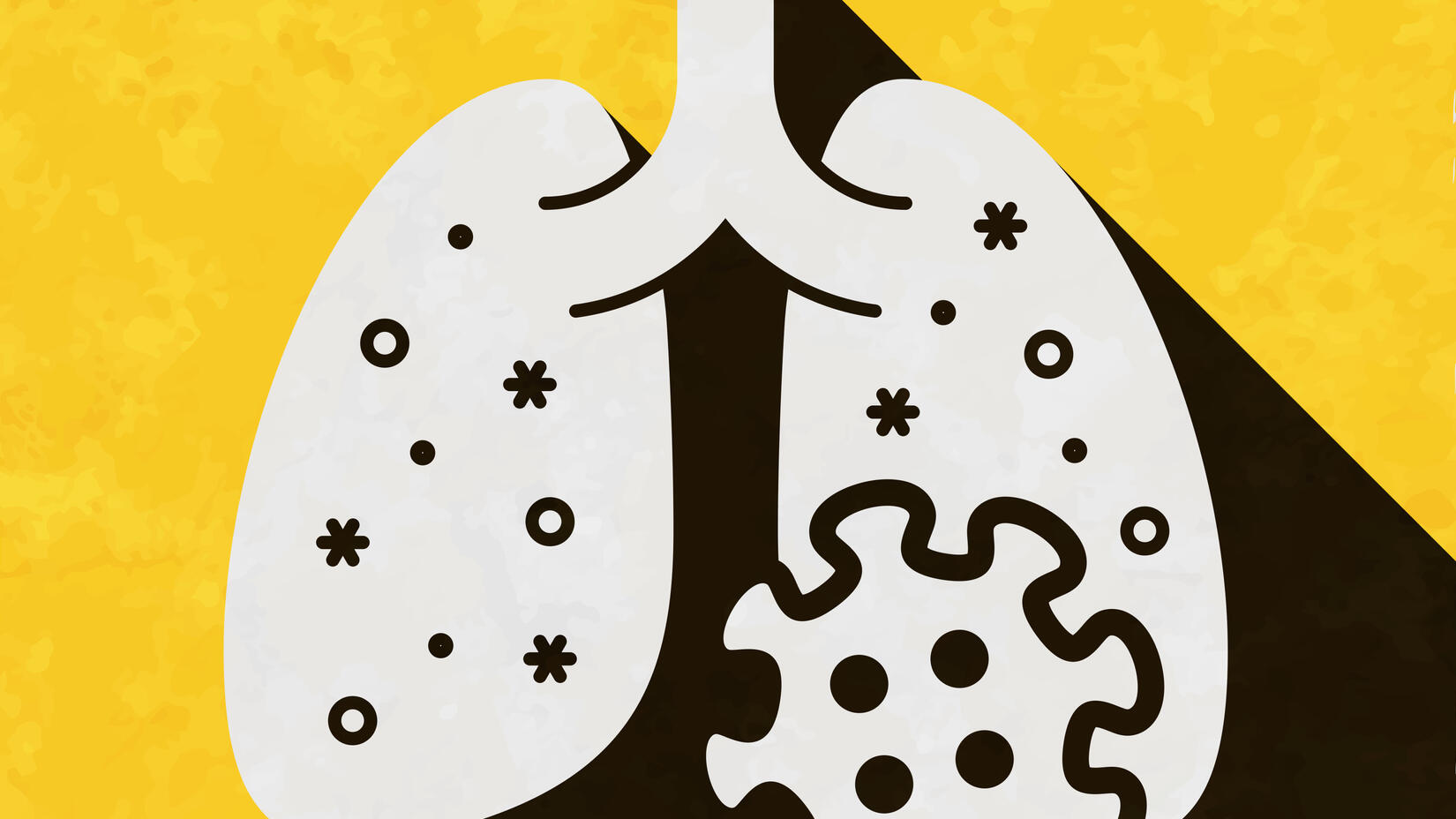
LSTM is setting up a TB human challenge model, in collaboration with the University of Oxford Accelerator Research Centre.
The model will be overseen by the Liverpool Vaccine Group (LVG), led by Liverpool School of Tropical Medicine’s Professor Daniela Ferreira, Dr Andrea Collins, and Dr Ben Morton, and will use live intradermal BCG vaccine (a TB specific vaccine) as the challenge agent.
BCG is given to healthy volunteers and skin punch biopsies are taken two weeks later, to isolate BCG by culture and PCR (polymerase chain reaction), which copies small segments of DNA. The team will also be investigating minimally invasive methods of skin sampling to allow long-term monitoring of BCG growth and the immune response of the person involved in the trial.
Working with Professor Stephen Gordon, other LSTM, and Malawi Liverpool Welcome Trust (MLW) researchers, the team is setting up a fluorescent BCG model to allow in vivo monitoring. The model will be transferred to Malawi as it is important that TB human challenge models take place in areas with high a TB burden. This research has been made possible by iiCon funding.
BCG is the only existing vaccine for TB but unfortunately has limited effectiveness against pulmonary TB, the most common form, which is responsible for onward transmission. TB treatment, although improving, still requires lengthy drug combinations, which can have toxicities; drug resistant TB is an increasing public health crisis. Unfortunately, current phase three vaccine and drug trials for TB are large, prolonged, and costly. A human challenge model could be used early in clinical development to select the most promising preventative and therapeutic candidates for phase 2/3 trials, accelerating TB vaccine and drug development. We desperately need effective, low side-effect, shorter course TB treatments and a safe, effective TB vaccine is a global priority.
Our aim is for this human TB challenge work to rapidly propel us towards the WHO’s End TB Strategy to reduce TB incidence and deaths by 80-90% respectively by 2030.